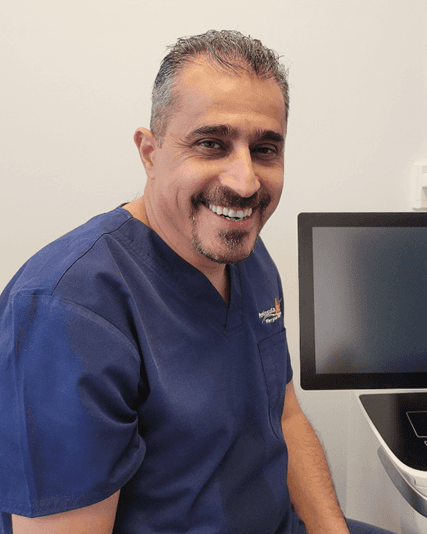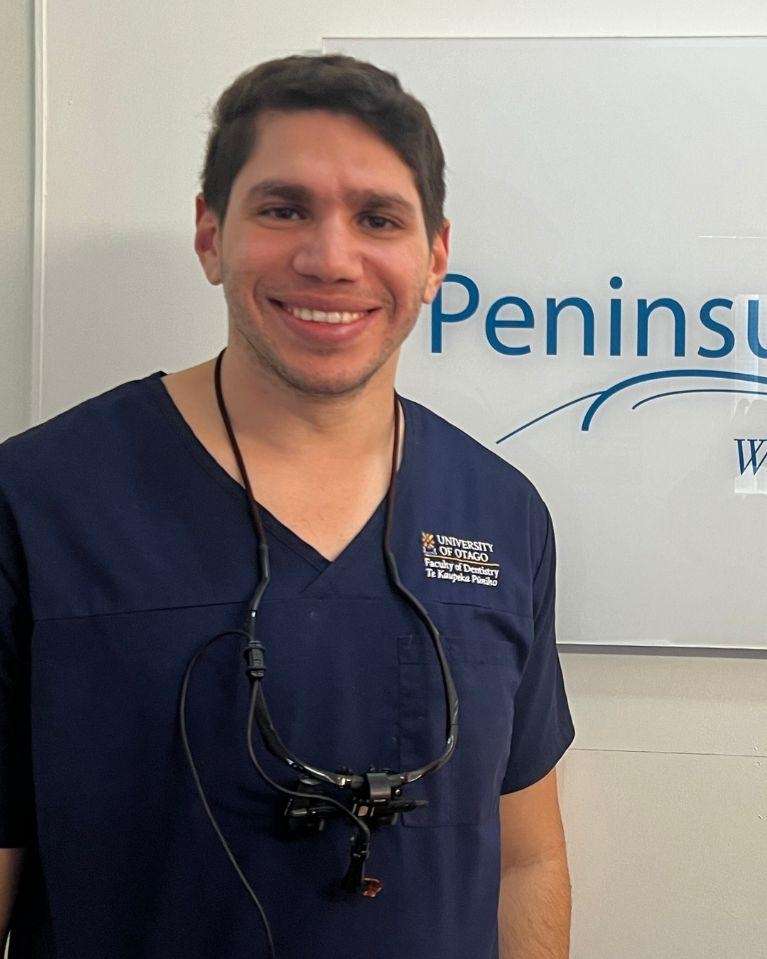Protect Your Smile: Understanding and Treating Periodontal Disease
Protecting your gums is key to maintaining a healthy smile and overall well-being. At our practice, we specialise in the prevention, diagnosis, and treatment of periodontal (gum) disease, helping you maintain strong, healthy gums for life.
prevention, diagnosis, and treatment of periodontal (gum) disease, helping you maintain strong, healthy gums for life.
Through personalised care, advanced techniques, and patient education, we aim to stop gum disease in its tracks and restore your oral health. Whether you're seeking preventive guidance or treatment for existing concern, we're here to support you every step of the way.


 Good oral hygiene is your first line of defence:
Good oral hygiene is your first line of defence:
